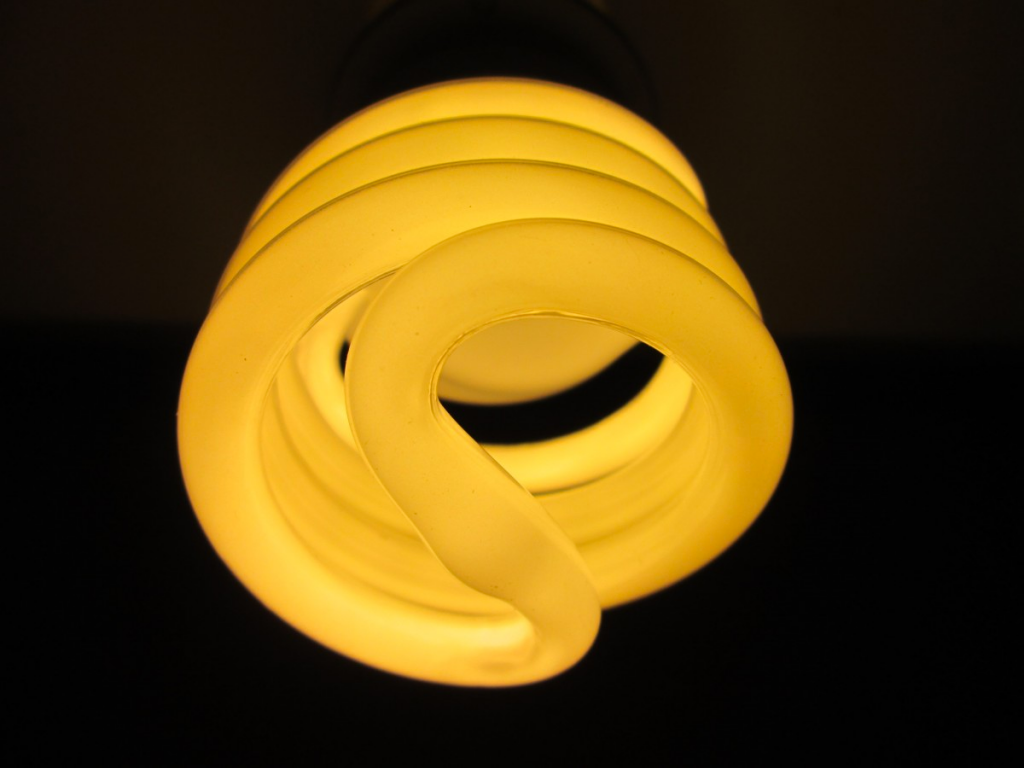Most Common Sources of Home Energy Waste in Sacramento

“In these uncertain times…” No, let’s try that again. The fact is, there’s never a good time for wasting energy — and with it, wasting our hard-earned money. If you’d like to save money on your utilities, and especially if you’re already trying and your bills don’t seem to budge, how can you identify where the waste is coming from in order to do better?
Need help from a plumbing, heating & air conditioning professional in Sacramento?
Contact Schedule An Appointment
Sources of Energy Use
Of course, not all energy used is wasted. We can’t simply turn everything off and live a dark, uncomfortable existence. So let’s start by getting a handle on where most homes use the most energy. While the particulars can vary by home type, the US Energy Information Administration breaks the averages down along these lines:
- Heating and cooling: 51%
- Water heating: 19%
- Lighting: 5%
- Refrigeration: 3%
- Other (small appliances, TV, washer/dryer, etc.): 21%
A few things should jump out at you from the statistics above. To begin with, your HVAC system is contributing more than its fair share to your energy spend. What’s more, some of the things you’re probably doing to save money (like shutting off the lights when they’re not in use) aren’t hurting, but they’re also not helping as much as you might’ve thought. Okay, so where do we start?
Sources of Energy Waste
As we mentioned earlier, it’s not as though you can just stop New Window heating and cooling your home. Hot water also isn’t a luxury, and since candles are a fire hazard we’ll stick to electric lights, thank you very much. So let’s go item-by-item to see where the waste comes from.
HVAC
We’ll lump heating and cooling together, since the ways you’re probably wasting money — and the ways you solve the waste — are similar in both cases. Start with your thermostat, since setting it a few degrees warmer in the summer and cooler in the winter (78 and 64 degrees respectively, but every degree helps) addresses a prime cause of waste.
Poor insulation doesn’t help either, since a home that isn’t tightly insulated is letting cold air out in the summer and inviting it in during the winter. That makes your system work harder and cost you more money year ‘round. New insulation doesn’t come cheap, but it’s a worthwhile investment. It’s also worth paying attention to HVAC maintenance (a well-maintained system is a more efficient system), and even to HVAC replacement if your system is older and less efficient.
Water Heaters
When it comes to water heaters, we suggest starting with your fixtures. If it leaks, replace it; even a slow drip adds up to thousands of gallons per year, and if it’s coming from your hot water, the heater’s running more than it needs to. Keep showers brief, keep your water heater set to about 120 degrees, and consider a trigger showerhead since they’re a great way to control water use (if not, a low-flow showerhead helps too). Interested in going a step further? Talk to us about on-demand water heaters and water heater replacement if your system’s old.
Lighting, Refrigeration, and “Other”
If you’re not already using energy-efficient lighting, this is a great time to start. LED bulbs especially boast high output for much lower energy use, making them a great alternative to incandescents; they also outlast CFLs. Your refrigerator, like your HVAC system, needs maintenance, and should be replaced if it’s getting up there in years. If you can’t afford a high-efficiency washer and dryer right now, cut back on smaller loads and also time your washing and drying to give your HVAC system an assist — during cooler times of day, so your heat and AC alike get a bit of a break.
Another source of savings that might surprise you: if you have an older cable box — especially if you’re running them in multiple rooms — call your cable company and see if they’ll upgrade you to a more recent model. Cable boxes and TVs use a lot more energy than you might realize, especially since many of them aren’t ever truly “off” when they’re not in use.
Getting Help Controlling Your Energy Spend
Obviously, Contact Ace Plumbing Heating and Air Conditioning can’t help with every trouble spot; some of the items we’ve outlined above are best left to a contractor, and others require attention to things outside our purview. But when it comes to addressing your plumbing, heating, and cooling needs — from plumbing repairs to HVAC installations — we’re here, and happy, to help Sacramento homeowners stretch their money further. Call us today!



